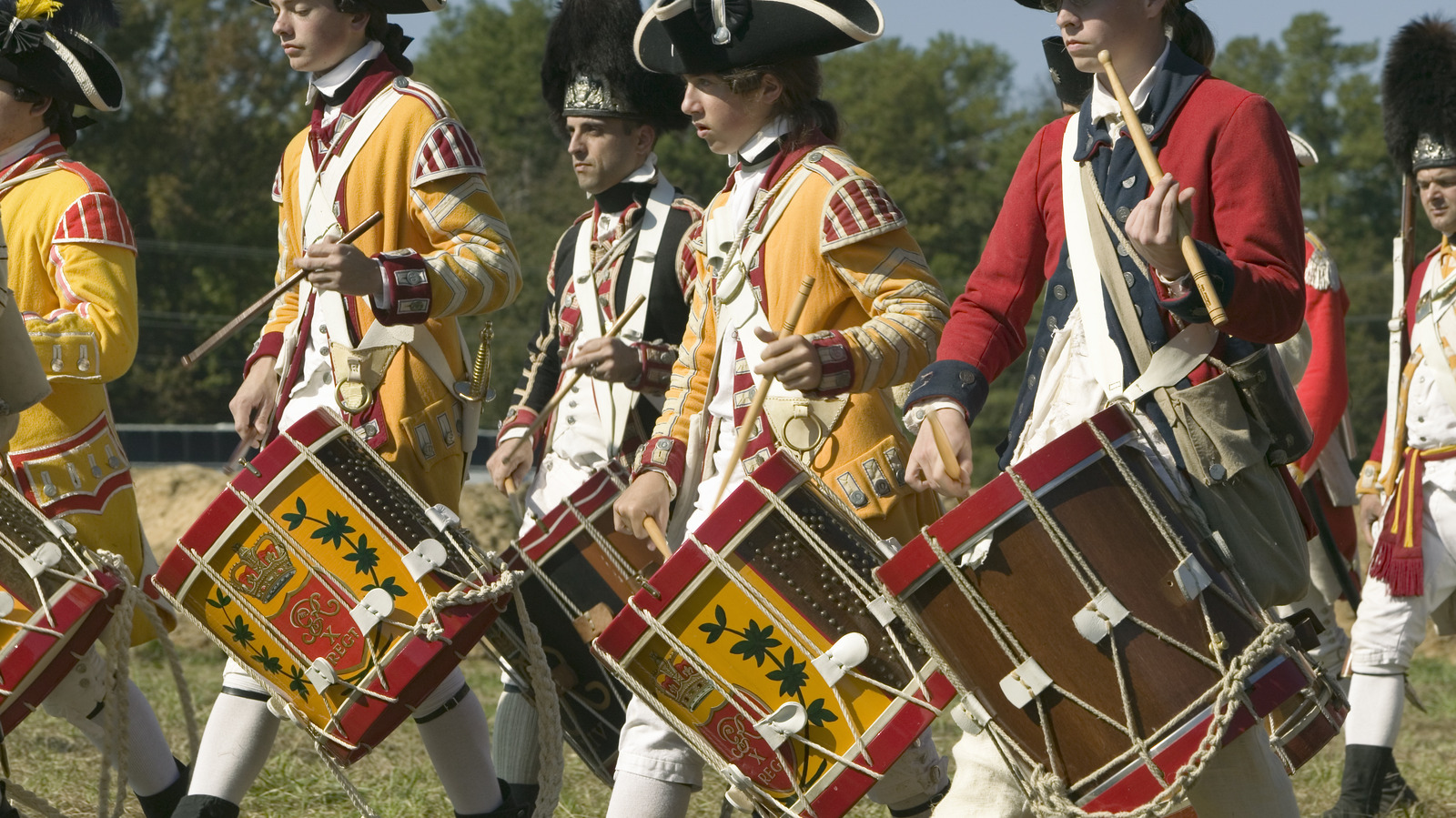
The tune also appeared in 1762, in one of America's first comic operas, The Disappointment, with bawdy lyrics about the search for Blackbeard's buried treasure by a team from Philadelphia. He left his land and property to the founding of a school in Western Massachusetts, now known as Williams College. The Ephraim referenced here was Ephraim Williams, a popularly known Colonel in the Massachusetts militia who was killed in the Battle of Lake George. (Note that the sheet music which accompanies these lyrics reads, "The Words to be Sung through the Nose, & in the West Country drawl & dialect.") The earliest known version of the lyrics comes from 1755 or 1758, as the date of origin is disputed: īrother Ephraim sold his Cow And bought him a Commission And then he went to Canada To fight for the Nation But when Ephraim he came home He proved an arrant Coward, He wouldn't fight the Frenchmen there For fear of being devoured. Peter McNeil, professor of fashion studies, claims the British were insinuating the colonists were womanish and not very masculine.

The verse implies Yankees were so unsophisticated, they thought simply sticking a feather in a cap would make them the height of fashion. Their love of horse racing at Cheltenham and Bibury (in the UK) can still be recognised today in the names of the 18th Century Macaroni Farm and Macaroni Woods near Eastleach, Gloucestershire, UK. They also wore two fob watches: "one to tell what time it was and the other to tell what time it was not" ran their joking explanation. They were members of the Macaroni Club in London at the height of the fashion for dandyism, so called because they wore striped silks upon their return from the Grand Tour - and a feather in their hats. The Macaronis were young English men who adopted feminine mannerisms and highly extravagant attire, and were deemed effeminate. The Macaroni wig was an extreme fashion in the 1770s and became contemporary slang for foppishness.

EtymologyĪs a term Doodle first appeared in the early seventeenth century, and is thought to derive from the Low German dudel or dödel, meaning "fool" or "simpleton". According to one story, Shuckburgh wrote the song after seeing the appearance of Colonial troops under Colonel Thomas Fitch, V, the son of Connecticut Governor Thomas Fitch. One version of the Yankee Doodle lyrics is "generally attributed" to Doctor Richard Shuckburgh, a British Army surgeon. It is believed that the tune comes from the nursery rhyme Lucy Locket.

Traditions place its origin in a pre- Revolutionary War song originally sung by British military officers to mock the disheveled, disorganized colonial " Yankees" with whom they served in the French and Indian War. History and lyrics Yankee Doodle went to town Riding on a pony He stuck a feather in his hat, And called it macaroni


 0 kommentar(er)
0 kommentar(er)
